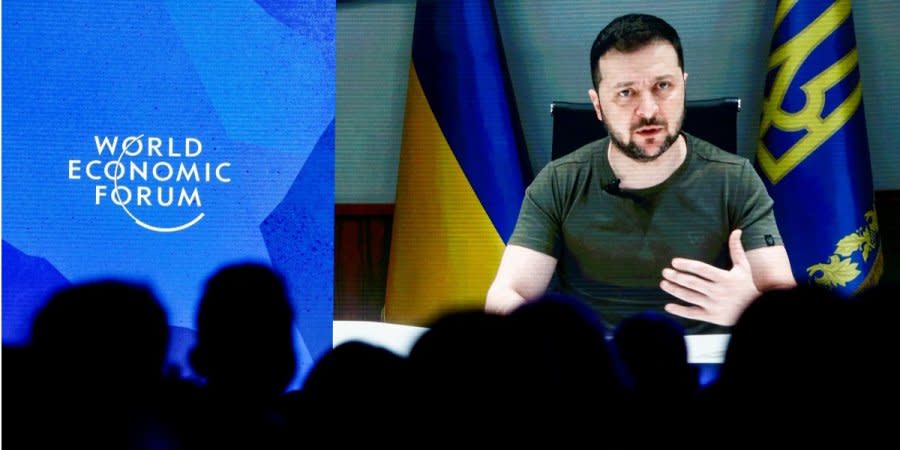The growing circle of Putin’s friends in the West

- Oops!Something went wrong.Please try again later.
But let’s separate the wheat from the chaff.
Read also: Possible consequences of the defeat of Putin
It’s true that France, Germany, and Italy have essentially betrayed Ukraine, pushing for Putin’s version of a peace deal, which would consolidate Russia’s new conquests in Ukraine.
After all, their proposed peace plan (the official one, championed by Italy) spells out two points: a ceasefire, and bilateral Russia-Ukraine talks on the status of contested territories. Meaning that these countries consider Zaporizhzhya and Kherson not integral parts of Ukraine anymore, but “contested territories” – something to be discussed with Moscow.
I think this approach fundamentally stems from a fear of a Ukrainian victory. Should Kyiv emerge on top in this war, it will drastically change the international arena, and would establish a new security paradigm in Europe – one, in which France and Germany would no longer be the West’s conduits to the Kremlin, to Putin’s Russia. That’s why Putin, Macron, Scholz, and Italian PM Mario Draghi have effectively formed a coalition to legitimize further seizures of Ukrainian lands.
That’s the bad news.
The good news is that this coalition does not include the United States, the UK, and Poland. And the ultimate outcome of this war depends on security assistance to Ukraine, primarily from London and Washington. Germany is forfeit. At this point, Berlin is mocking Ukraine. Best they can offer is a handful of Gepard AA guns by mid-July – with no ammunition, as it turns out.
Everything hinges on the pace of U.S. security assistance. U.S. political leadership – U.S. President Joe Biden, Defense Secretary Lloyd Austin, Secretary of State Antony Blinken – remain firmly committed to Ukraine’s cause.
At the same time, Kyiv has become somewhat disappointed with how quickly the assistance is being provided. Sure, howitzers are very helpful, but without MLRS it’s very difficult to gain an upper hand in counterbattery artillery duels.
Every war has its low points. All of us are certain that Ukraine will win. The country’s current predicament is often compared to UK’s “Darkest Hour” in 1940 when London was left fighting the Third Reich alone. In the same fashion, Ukraine is facing Putin’s Russia one-on-one.
This is a time of trial for the whole world – something many countries understand. At the recent World Economic Forum, Slovakia’s PM Eduard Heger said the following: “If Ukraine falls, there will be Buchas across Slovakia tomorrow.”
Everyone in Europe understands this – except the French, German, and Italian leaders. The French, are probably thinking that Russian atrocities could occur in Lithuania, Poland, and Slovakia, but Paris would remain resplendent, as it did in 1941-1942. And that Russian, Buryat, and Chechen officers will be vacationing in Paris, enjoying croissants and brothels.
Every European country now has to make the choice – whether to side with Ukraine, or the French, German, and Italian leaders.

